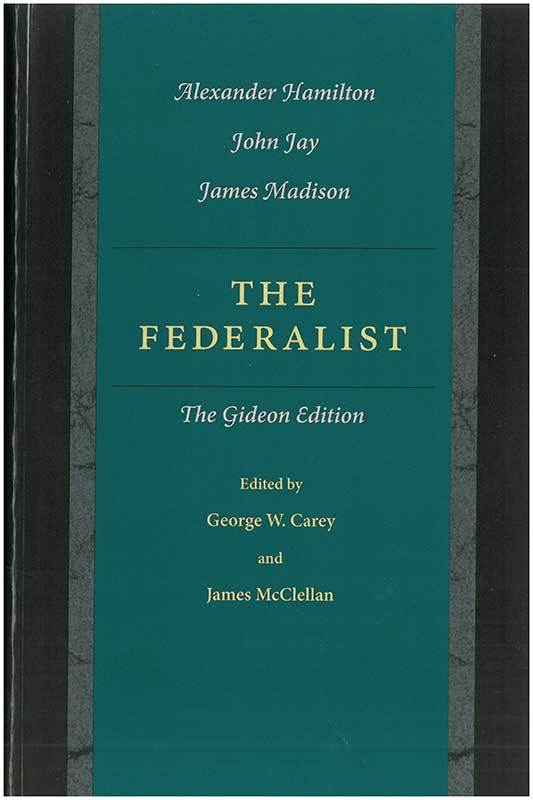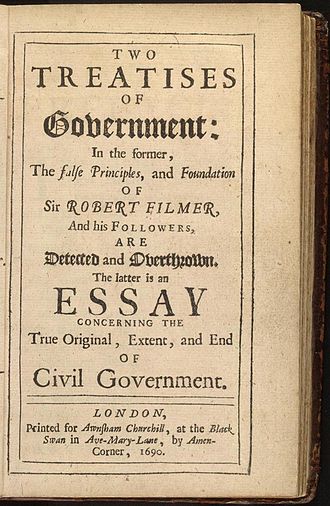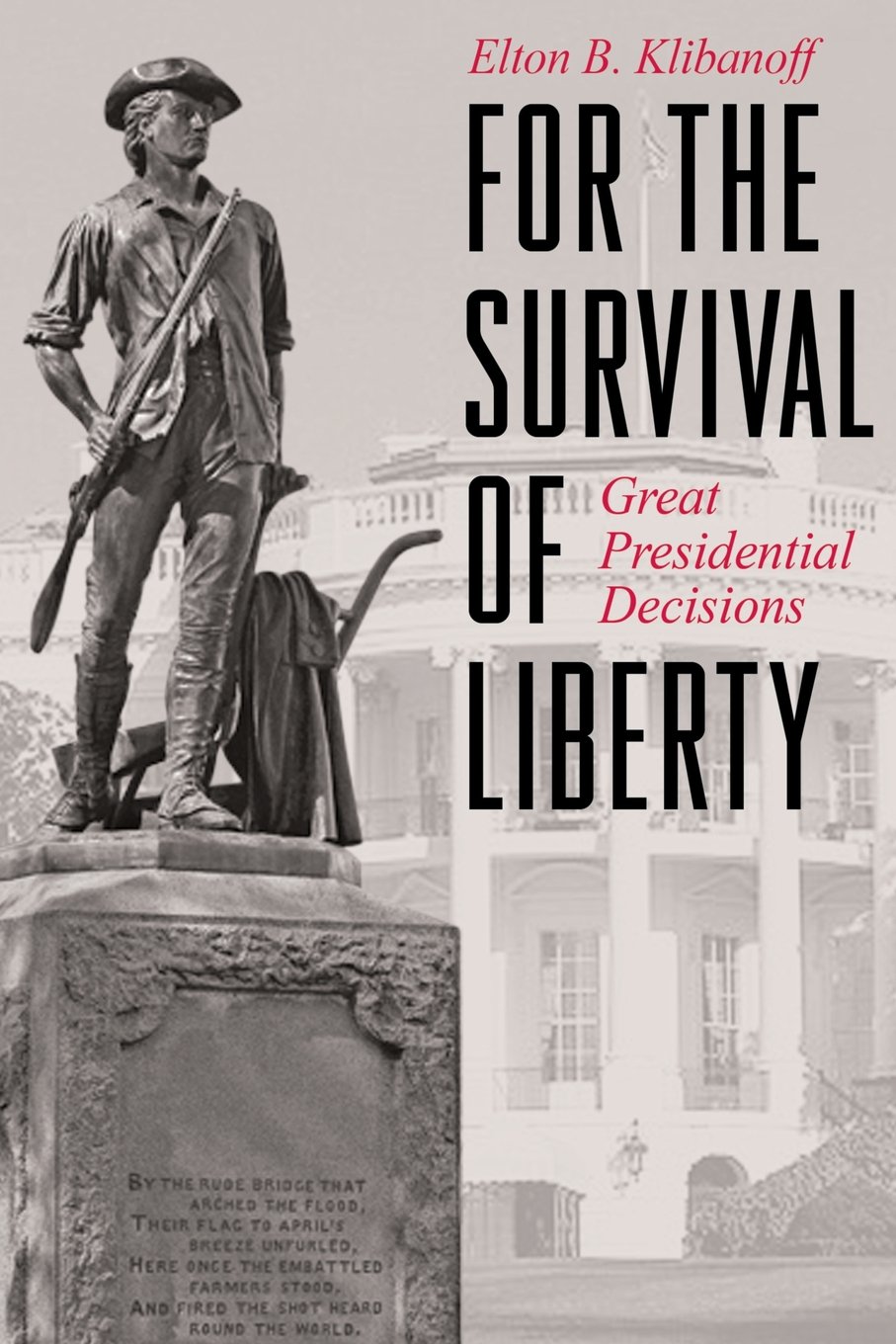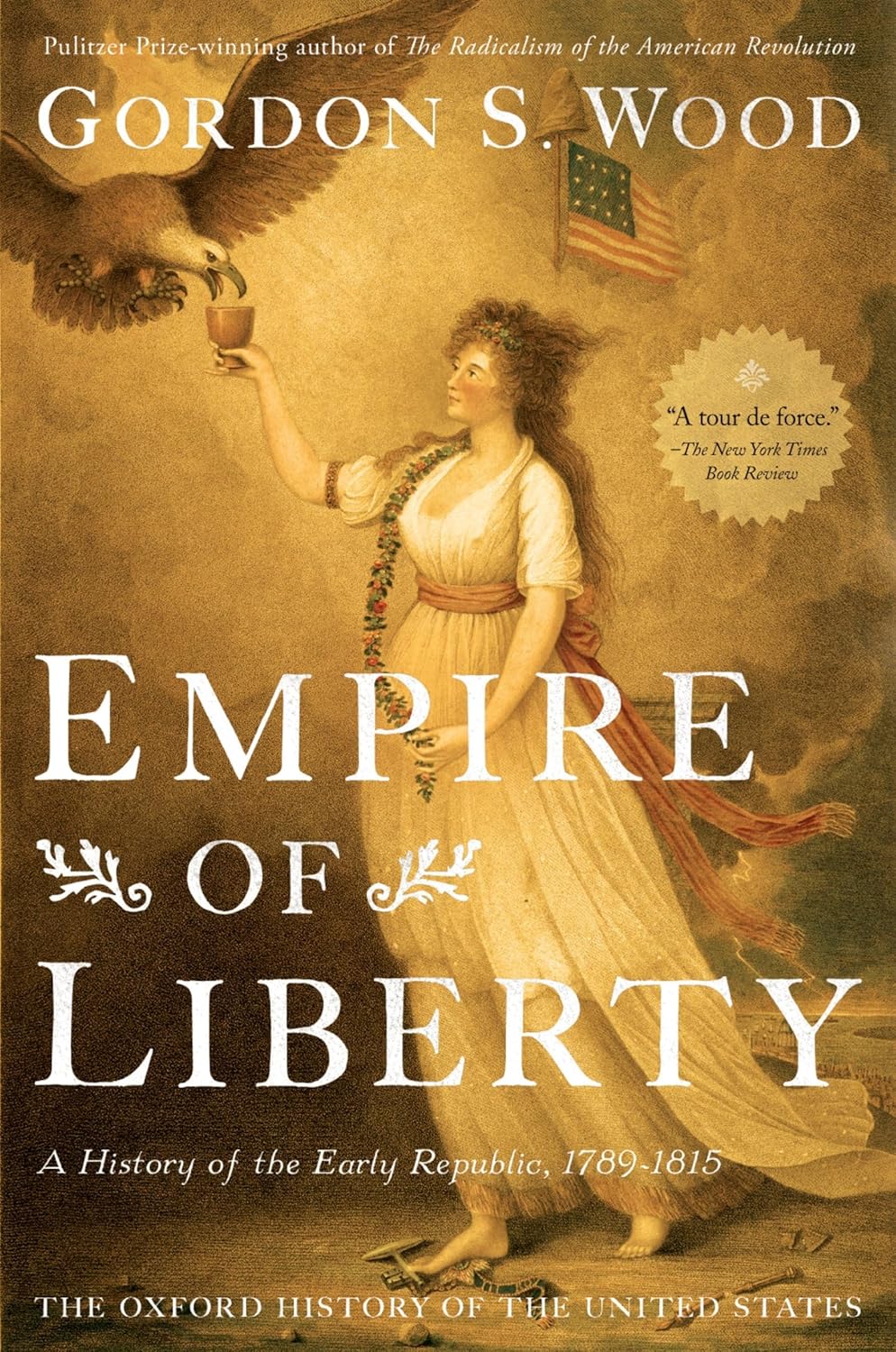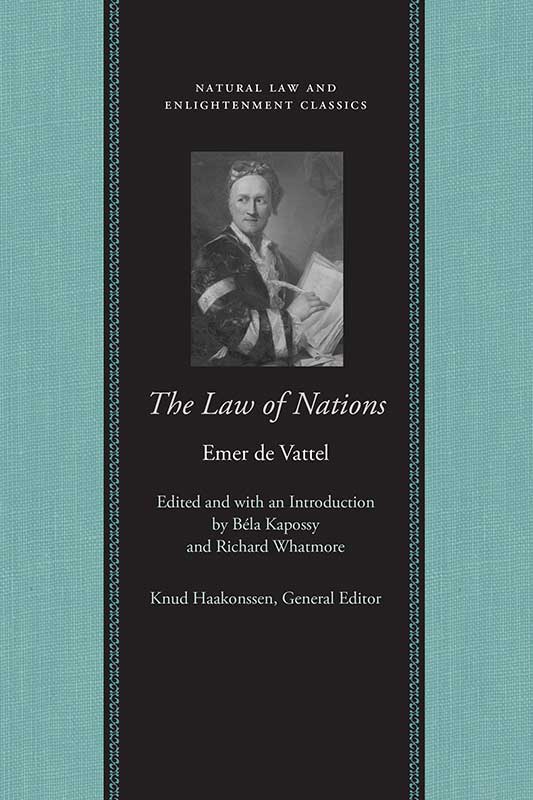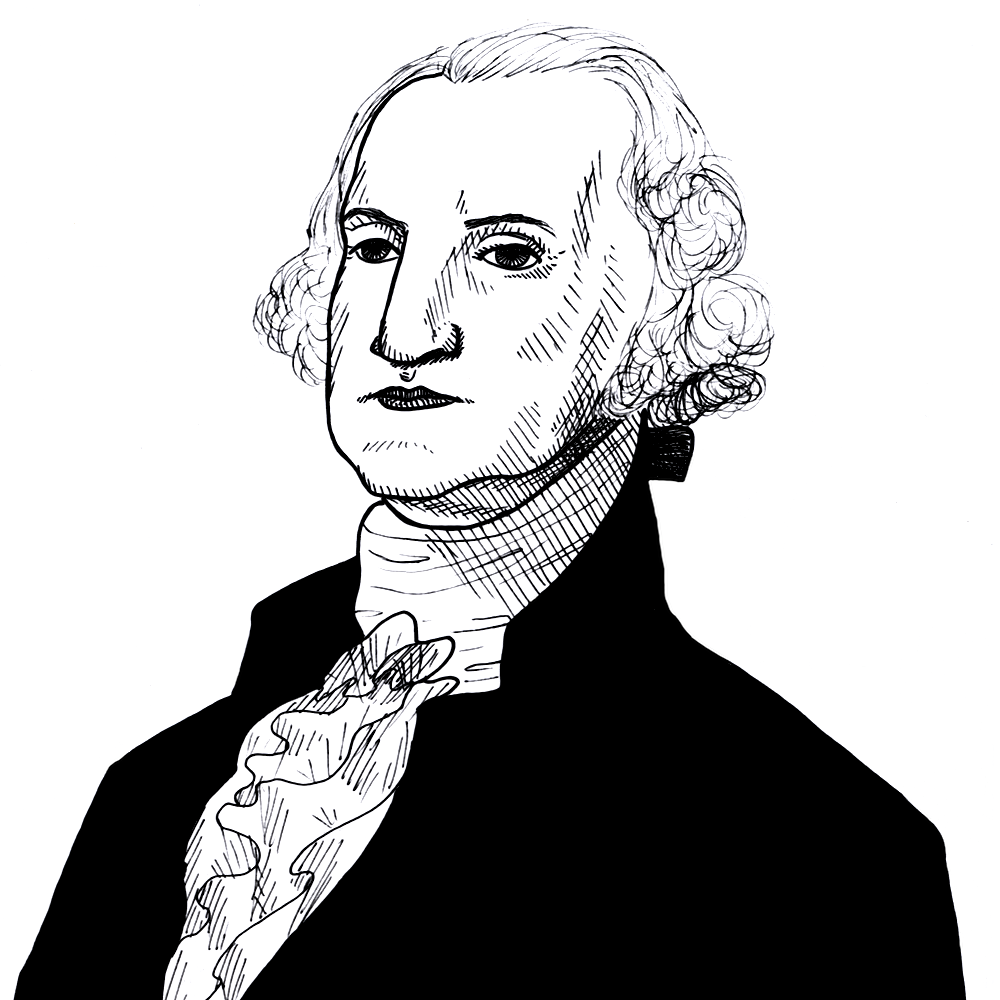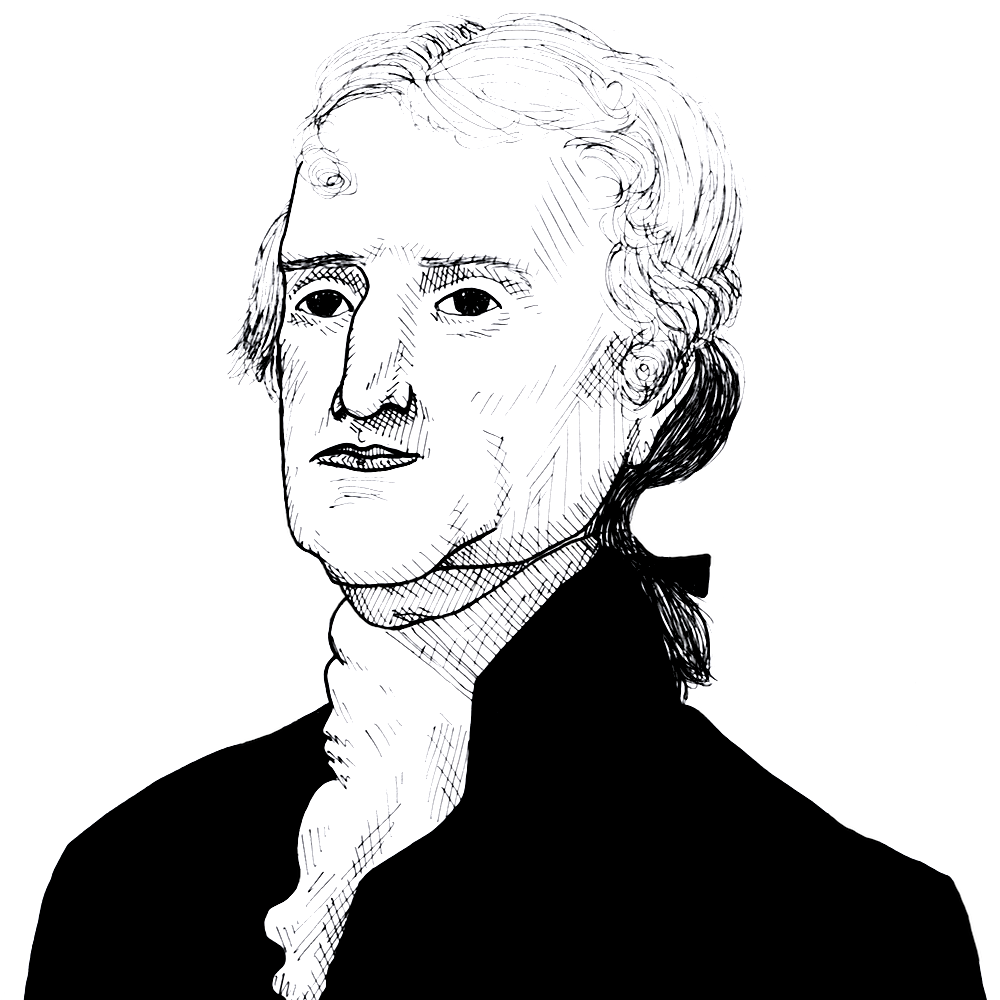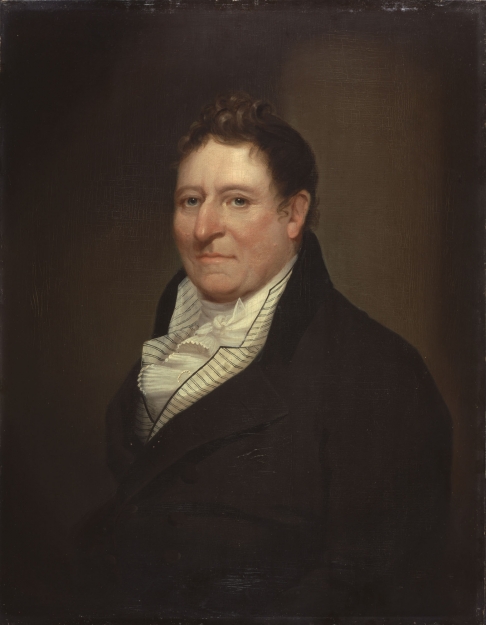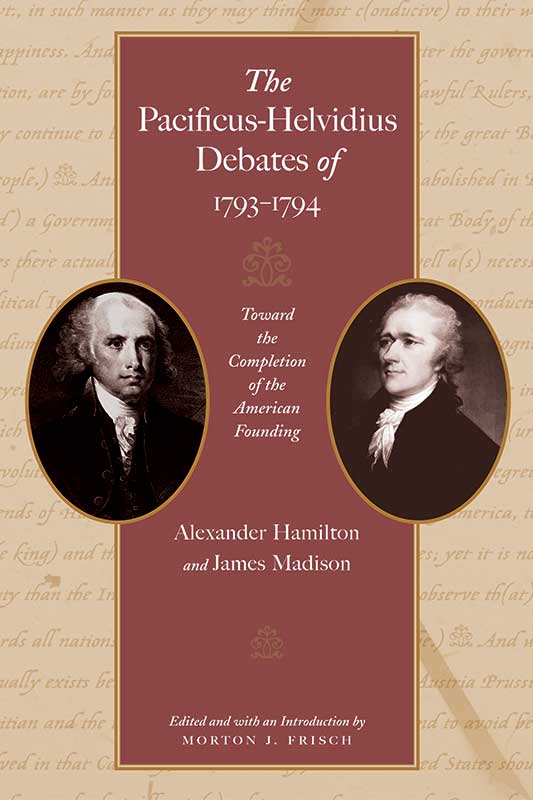
The Pacificus-Helvidius Debates of 1793-1794
- Alexander Hamilton (author)
- James Madison (author)
- Morton J. Frisch (editor)
The Pacificus–Helvidius Debates of 1793–1794 matched Hamilton and Madison in the first chapter of an enduring discussion about the proper roles of the executive and legislative branches in the conduct of American foreign policy. The debate addressed whether Washington had the authority to declare America neutral, despite an early alliance treaty with France.
Show more
Hamilton argued that Washington’s actions were constitutional and that friction between the two branches was an unavoidable, but not harmful, consequence of the separation of powers. Madison countered that Washington’s proclamation would introduce “new principles and new constructions” into the Constitution. While the Pacificus-Helvidius debates did not resolve this ongoing constitutional controversy, they did define the grounds upon which this question was to be examined, to this very day.
Related People
Key Quotes
War & Peace
War & Peace
War & Peace
Critical Responses
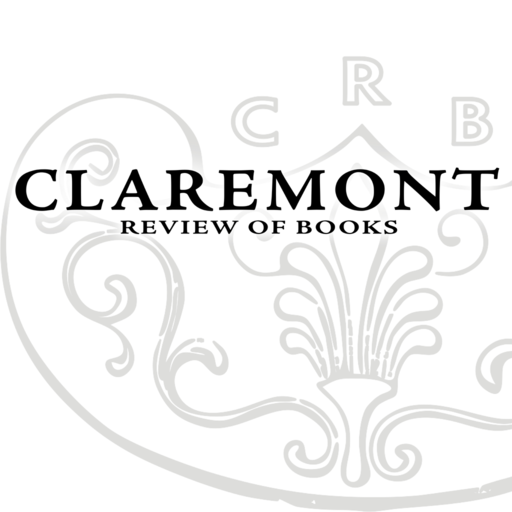
Article
The Pacificus-Helvidius Debates: Patrick J. Garrity on the Pacificus-Helvidius debates.Patrick J. Garrity
The Claremont Review of Books article on the Pacificus–Helvidius Debates highlights their lasting importance in American political thought. It argues that the debates marked a foundational moment in defining the constitutional struggle between executive and legislative control over foreign policy…
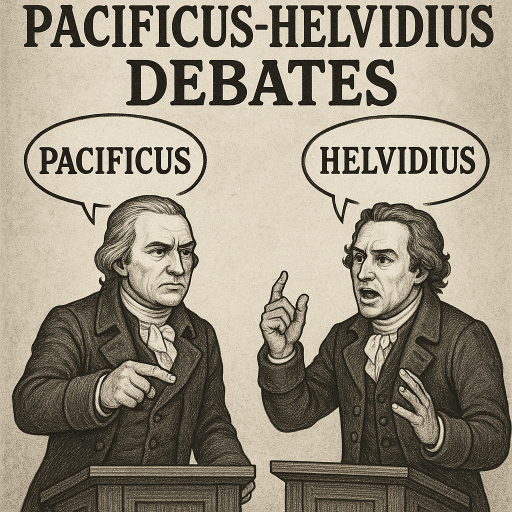
Article
The Pacificus-Helvidius DebatesAlexander Hamilton & James Madison
A scholarly overview suggests that Hamilton’s interpretation—asserting the President could legally proclaim neutrality—has largely prevailed historically, shaping how many view executive flexibility in foreign policy, even though Madison’s stringent constitutional check remains influential in legal…
Connected Readings
